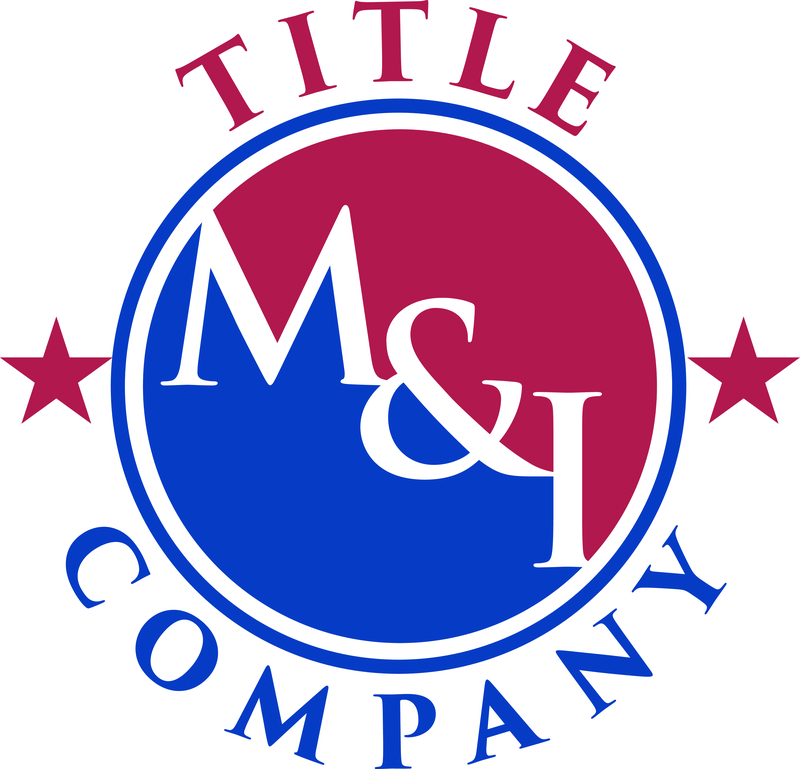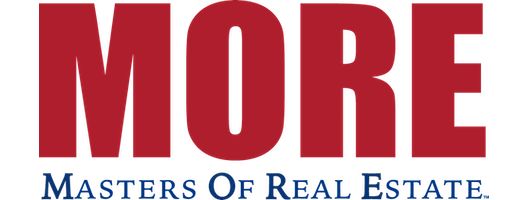Homeowners will be protected by a new Federal Trade Commission rule that bans providers of mortgage foreclosure rescue and loan modification services from collecting fees until homeowners have a written offer from their lender or servicer that they decide is acceptable.
“At a time when many Americans are struggling to pay their mortgages, peddlers of so-called mortgage relief services have taken hundreds of millions of dollars from hundreds of thousands of homeowners without ever delivering results,” FTC Chairman Jon Leibowitz said. “By banning providers of these services from collecting fees until the customer is satisfied with the results, this rule will protect consumers from being victimized by these scams.”
The FTC is issuing the Mortgage Assistance Relief Services (MARS) Rule to protect distressed homeowners from mortgage relief scams that have sprung up during the mortgage crisis. Bogus operations falsely claim that, for a fee, they will negotiate with the consumer’s mortgage lender or servicer to obtain a loan modification, a short sale, or other relief from foreclosure. Many of these operations pretend to be affiliated with the government and government housing assistance programs. The FTC has brought more than 30 cases against operations like these, and state and federal law enforcement partners have brought hundreds more.
Advance fee ban
The most significant consumer protection under the FTC’s new rule is the advance fee ban. Under this provision, mortgage relief companies may not collect any fees until they have provided consumers with a written offer from their lender or servicer that the consumer decides is acceptable, and a written document from the lender or servicer describing the key changes to the mortgage that would result if the consumer accepts the offer. The companies also must remind consumers of their right to reject the offer without any charge.
Disclosures
The Rule requires mortgage relief companies to disclose key information to consumers to protect them from being misled and to help them make better informed purchasing decisions. In their advertising and in communications directed at individual consumers (such as telemarketing calls), the companies must disclose that:
- they are not associated with the government, and their services have not been approved by the government or the consumer’s lender;
- the lender may not agree to change the consumer’s loan; and
- if companies tell consumers to stop paying their mortgage, they must also tell them that they could lose their home and damage their credit rating.
Companies also must explain in their communications to consumers that they can stop doing business with the company at any time, can accept or reject any offer the company obtains from the lender or servicer, and, if they reject the offer, they don’t have to pay the company’s fee. The companies also must disclose the amount of the fee.
Prohibited claims
The MARS Rule prohibits mortgage relief companies from making any false or misleading claims about their services, including claims about:
- the likelihood of consumers getting the results they seek;
- the company’s affiliation with government or private entities;
- the consumer’s payment and other mortgage obligations;
- the company’s refund and cancellation policies;
- whether the company has performed the services it promised;
- whether the company will provide legal representation to consumers;
- the availability or cost of any alternative to for-profit mortgage assistance relief services;
- the amount of money a consumer will save by using their services; or
- the cost of the services.
In addition, the rule bars mortgage relief companies from telling consumers to stop communicating with their lenders or servicers. Companies also must have reliable evidence to back up any claims they make about the benefits, performance, or effectiveness of the services they provide.
Attorney exemption
Attorneys are generally exempt from the rule if they meet three conditions: they are engaged in the practice of law, they are licensed in the state where the consumer or the dwelling is located, and they are complying with state laws and regulations governing attorney conduct related to the rule. To be exempt from the advance fee ban, attorneys must meet a fourth requirement – they must place any fees they collect in a client trust account and abide by state laws and regulations covering such accounts.
All provisions of the rule except the advance-fee ban will become effective December 29, 2010. The advance-fee ban provisions will become effective January 31, 2011.
The FTC rulemaking proceeding was conducted pursuant to Congressional legislation sponsored in 2009 by Senators Jay Rockefeller and Byron Dorgan. The Final Rule applies only to entities within the FTC’s jurisdiction under the Federal Trade Commission Act, which excludes, among others, banks, savings and loans, federal credit unions, common carriers, and entities engaged in the business of insurance. In June 2009, the FTC issued an Advance Notice of Proposed Rulemaking seeking comment on the practices of for-profit mortgage relief companies. In February 2010, the FTC announced a Notice of Proposed Rulemaking and sought comments from interested persons, including advocates for consumers, the business community, and the legal profession.
The Federal Trade Commission works for consumers to prevent fraudulent, deceptive, and unfair business practices and to provide information to help spot, stop, and avoid them. To file a complaint in English or Spanish, visit the FTC’s online Complaint Assistant or call 1-877-FTC-HELP (1-877-382-4357). The FTC enters complaints into Consumer Sentinel, a secure, online database available to more than 1,800 civil and criminal law enforcement agencies in the U.S. and abroad. The FTC’s Web site provides free information on a variety of consumer topics .



Leave a Reply
You must be logged in to post a comment.